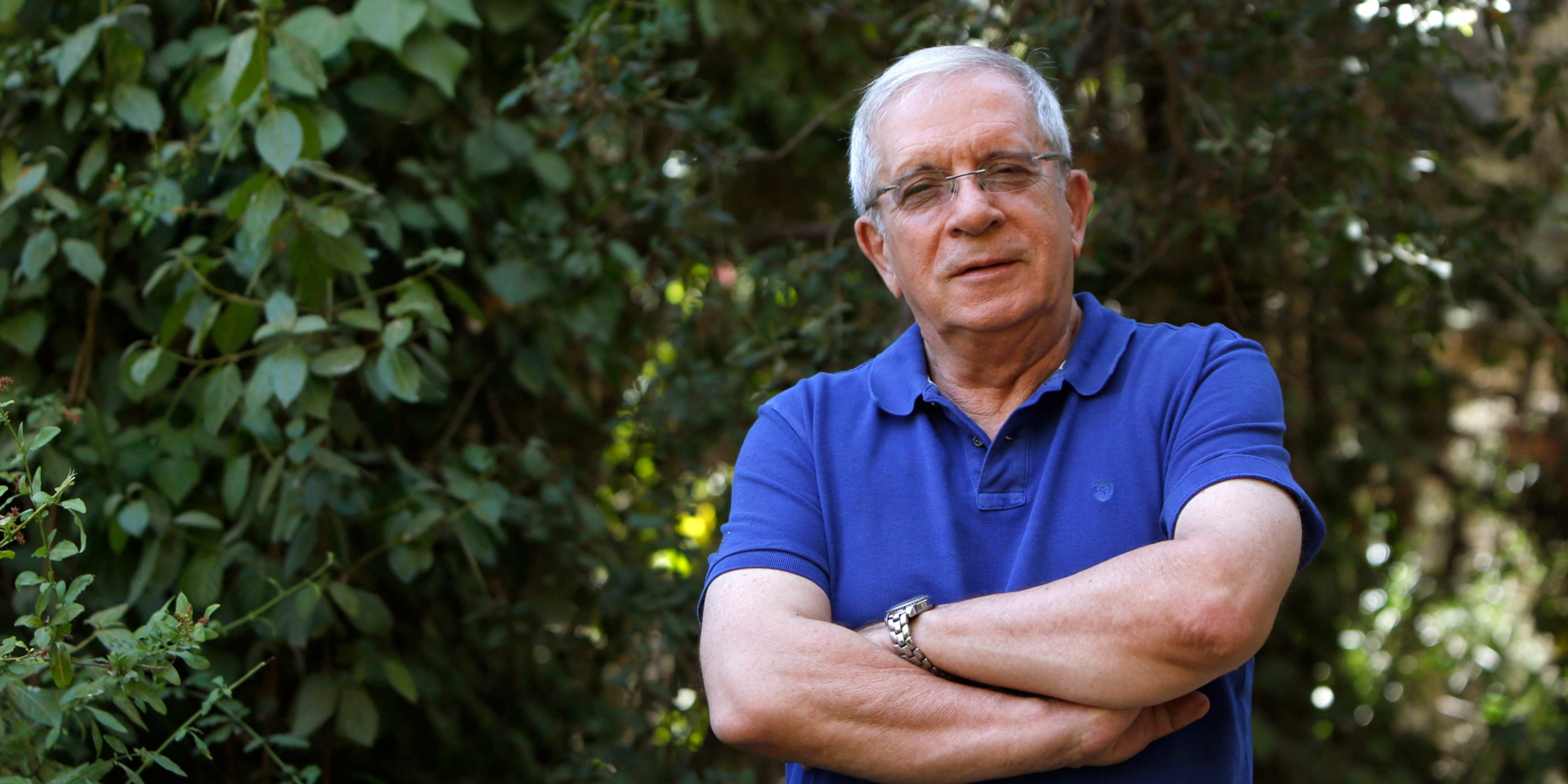After having worked 34 years as a correspondent for France 2 in Jerusalem, Charles Enderlin publishes a book in which he recounts not only his years of reporting but also, and in detail, the relations between field journalists and their editorial staff.
Reports that have greatly evolved in recent years.
INTERVIEW
Charles Enderlin has plenty of stories to tell.
After 34 years in the office of France 2 in Israel, the journalist has gathered them together in a book entitled
From our correspondent in Jerusalem, the journalist as identity
, which he publishes with Editions Don Quixote.
"The idea is to explain the work of the correspondent posted abroad and to tell the story between the correspondent, the special envoy and the editorial staff," he explains Monday in
Culture Médias
, on Europe 1.
>> Find Philippe Vandel and Culture-Médias every day from 9 a.m. to 11 a.m. on Europe 1 as well as in replay and podcast here
Charles Enderlin left France for Israel, of which he is a national, in the early 1970s. First a journalist for RMC, he joined the Antenna 2 office in Jerusalem in 1981, which he headed from 1991 to 2015. Over the years, he has seen his profession change profoundly.
He speaks of the 1980s as a "blessed time": "we did not have the internet, we were left alone."
To reach Paris, it was then necessary to put a room in a telephone booth and call by collect.
"And then the cellphones and the internet arrived. Suddenly, the editors and bosses called us more and more often to ask us for such and such an image in our reports, which they had seen on the internet. If I told them that I had not filmed it, they would answer me 'It doesn't matter, you're doing' ", he says.
In 1987 a question arose: Can Enderlin, Israeli, cover the Palestinian side?
This permanent link between the correspondent and his bosses has, according to him, a direct consequence: "the independence of the journalist in the field is being lost".
He takes the example in his book of a correspondent for France 2 in Burma to whom his leaders had asked, a few years ago, to record a subject by sending him the text of his commentary beforehand.
"And several of his reports were re-recorded with a different voice than his," adds the journalist.
He specifies: "Personally, I did not have so many difficulties on that side. I was rather left alone."
In his book, Charles Enderlin also addresses the more personal reflections that have marked his career.
In 1987, during the first intifada, a question arose within the Parisian editorial staff of France 2: Charles Enderlin, Israeli, can he cover the Palestinian side?
“The answer was yes. I guess I was under the magnifying glass of a number of people in Paris for a while. But they finally gave me their trust and support,” he concludes.

